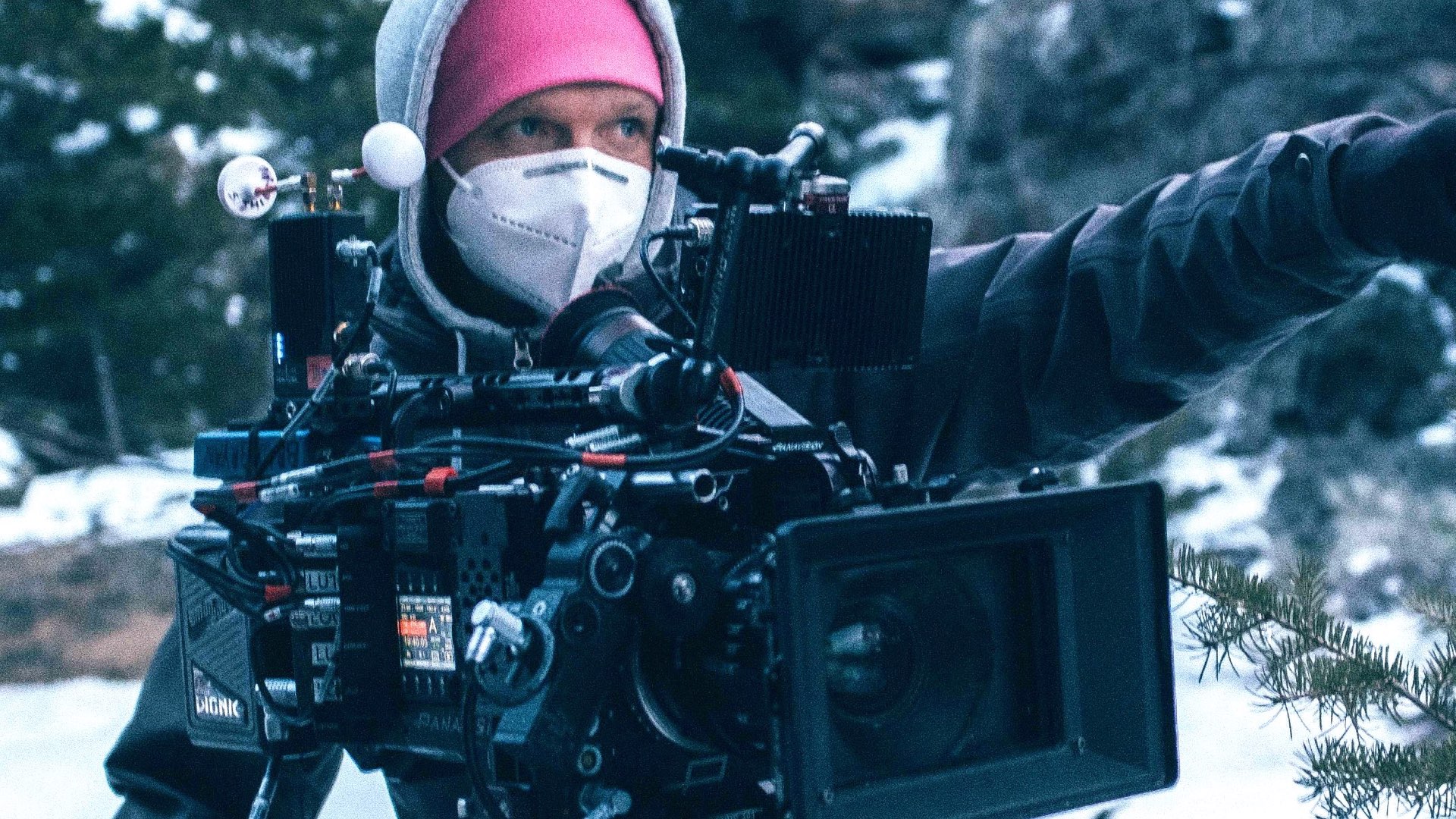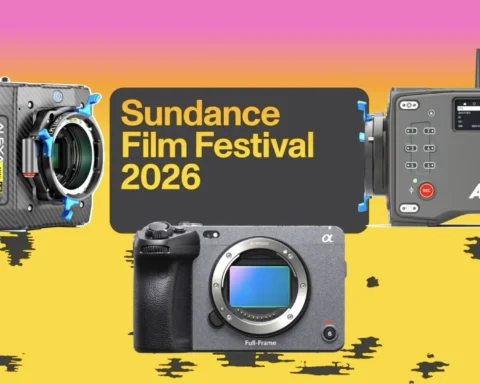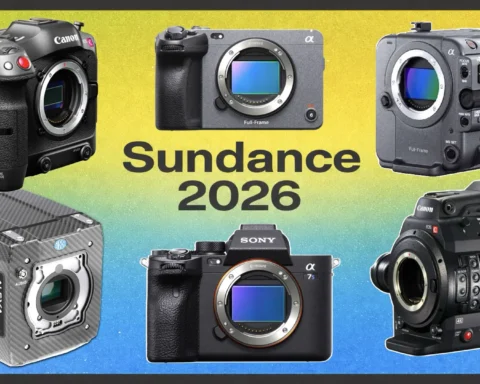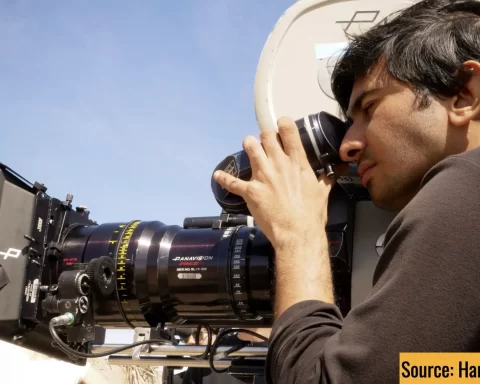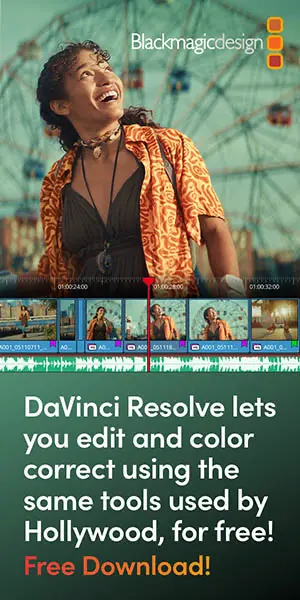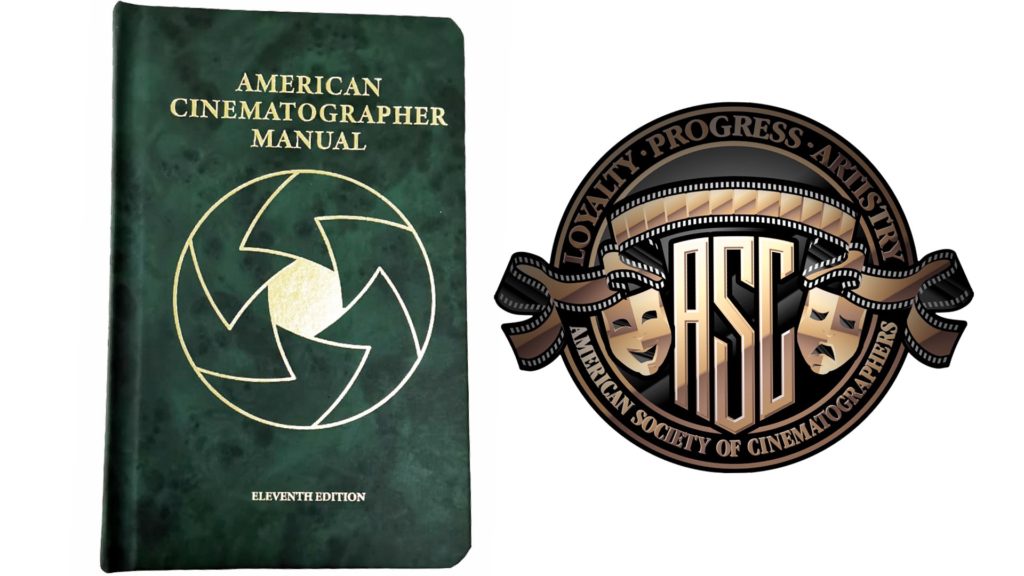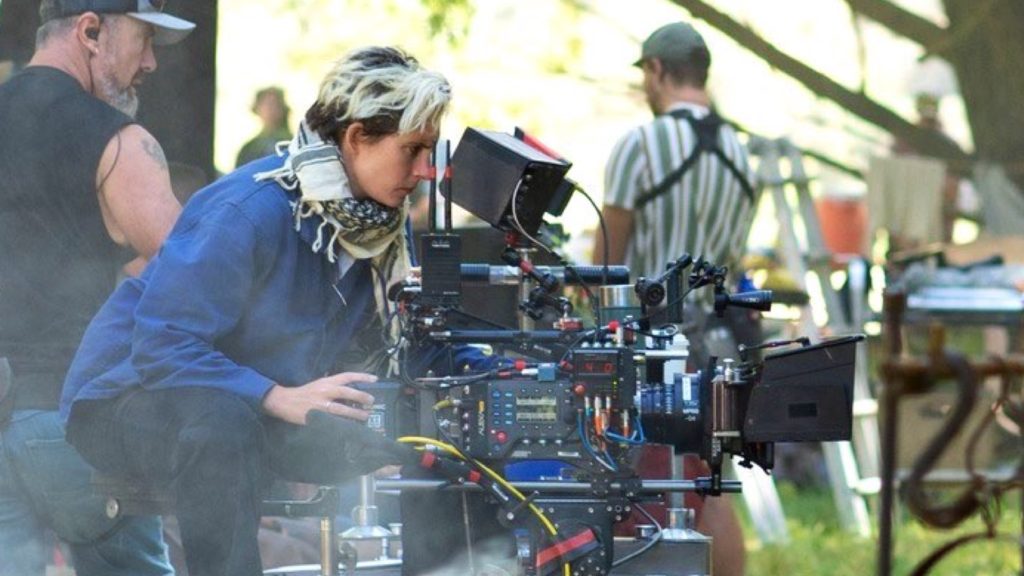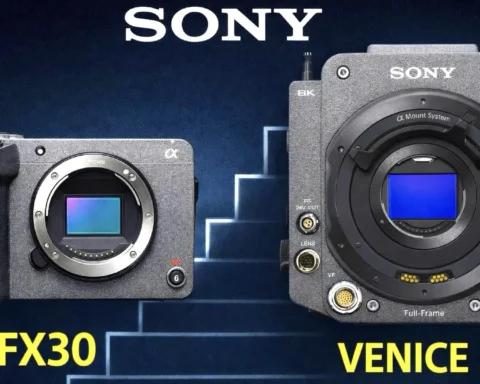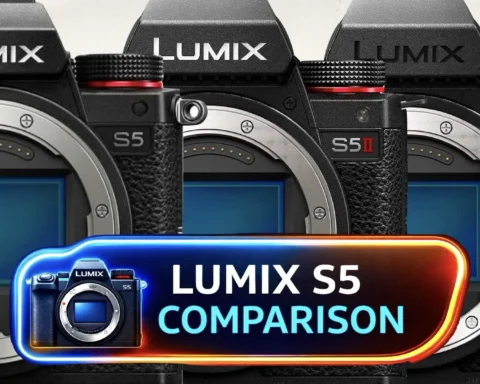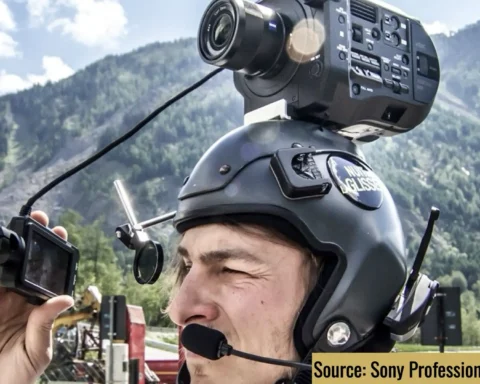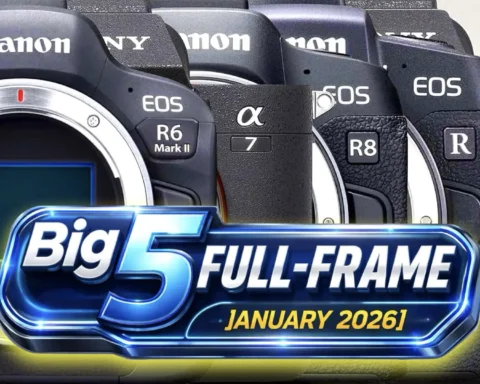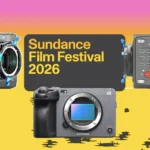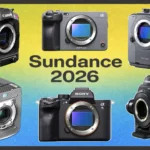The character-driven thriller, God’s Country, was premiered at Sundance 2022. We interviewed the DP Andrew Wheeler on the tools he used to shoot the film, plus his takeaways and tips for other filmmakers that are eager to be accepted to Sundance. Read on.
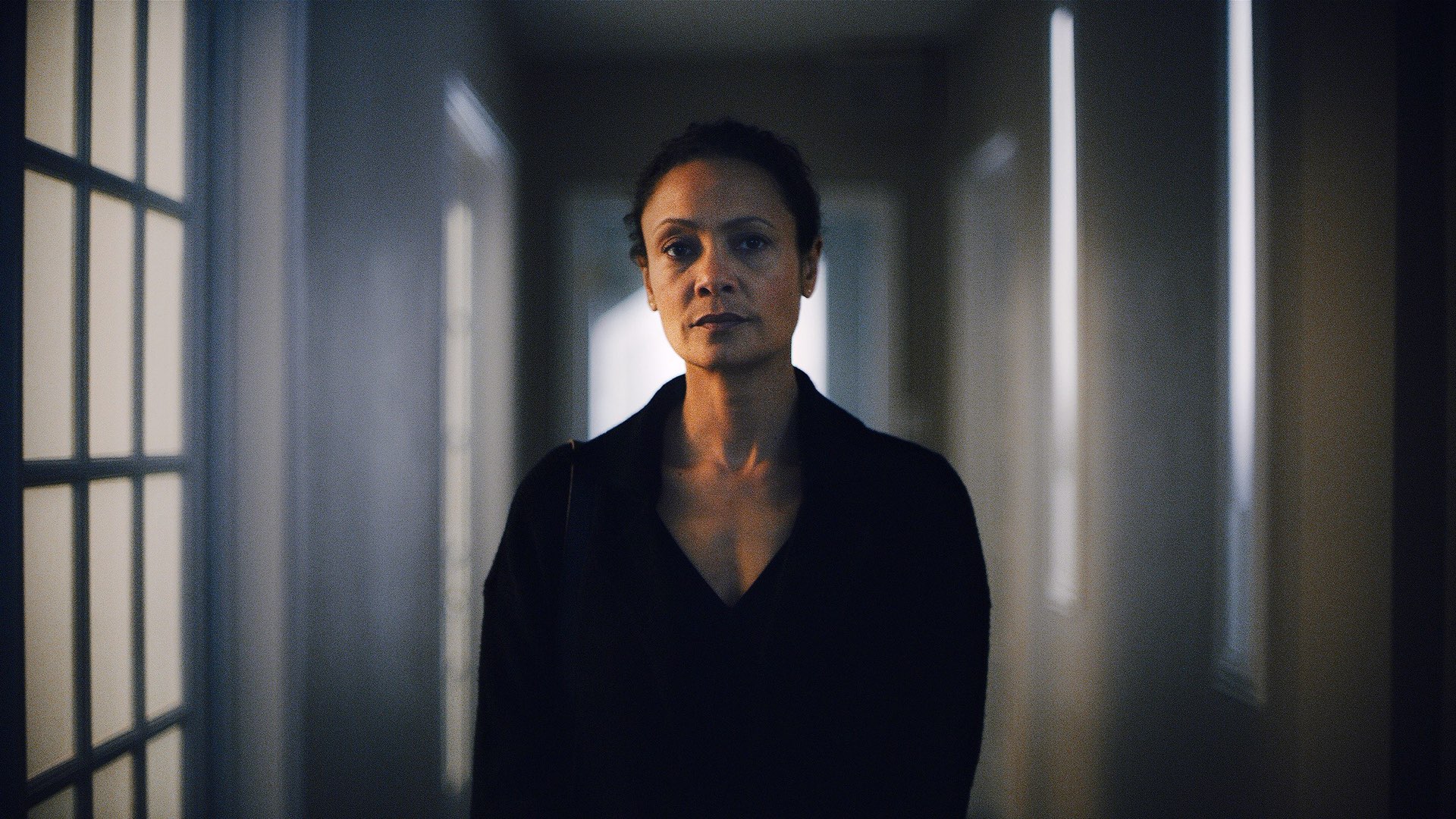
God’s Country, Sundance 2022 Premiere
Based on a short story by acclaimed author James Lee Burke, God’s Country is a character-driven thriller set in the snowy wilderness of the American West. Thandiwe Newton plays Sandra Guidry, a Black professor living and working in a rural college town. She’s also grieving her recently-deceased mother, for whom she’d served as the primary caretaker. On the day of the burial, Sandra discovers a mysterious red truck parked in her driveway. She soon learns it belongs to a pair of local hunters seeking to enter the forest behind her house. Sandra turns them away politely but firmly – her experience tells her these are not the sort of men to welcome freely into her world. But they won’t take no for an answer, and soon Sandra finds herself drawn into an escalating battle of wills that puts her most deeply-held values to the test.
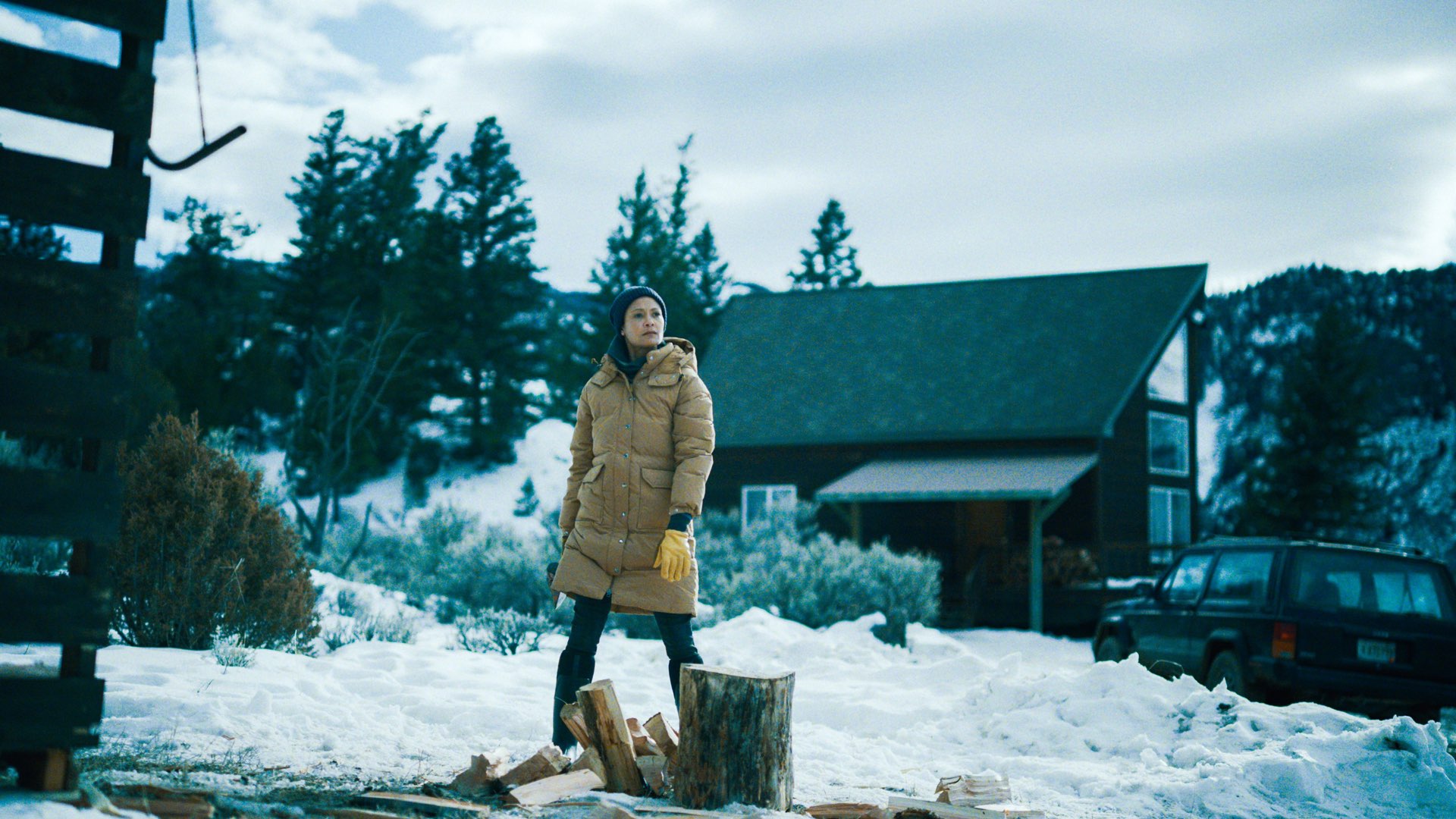
Shoot the film because you truly believe in it. It makes your decisions better.
Cinematographer Andrew Wheeler
The DP that shoot God’s Country is Andrew Wheeler, which is an internationally recognized director of photography with more than 10 years of experience working in film, television, and commercials. Wheeler’s accolades include being named one of Variety’s Cinematographers to Watch in 2014, and winning numerous Best Cinematography Awards for the live-action short “Winter Light,” directed by Julian Higgins, which was shortlisted for the 2016 Academy Awards. Wheeler has a long-standing work partnership with Higgins and previously shot Higgins’ Student Academy Award-winning short, “Thief.” The duo most recently collaborated on the feature film, “God’s Country,” starring Thandiwe Newton. Wheeler’s film credits further include the SXSW hit “Cheap Thrills” and Netflix’s “Small Crimes,” both by Emmy-winning director Evan Katz, as well as “Poor Boy,” and “Shoplifters of the World” directed by Stephen Kijak. In addition to films, Wheeler has shot dozens of commercials for notable brands such as Coca-Cola, the NFL, and Netflix. He has also lensed music videos for artists like Ariana Grande, Iggy Azalea, Jessie J., and Jennifer Hudson. Originally from Pittsburgh, Wheeler is a proud alum of AFI and is now based in Los Angeles.
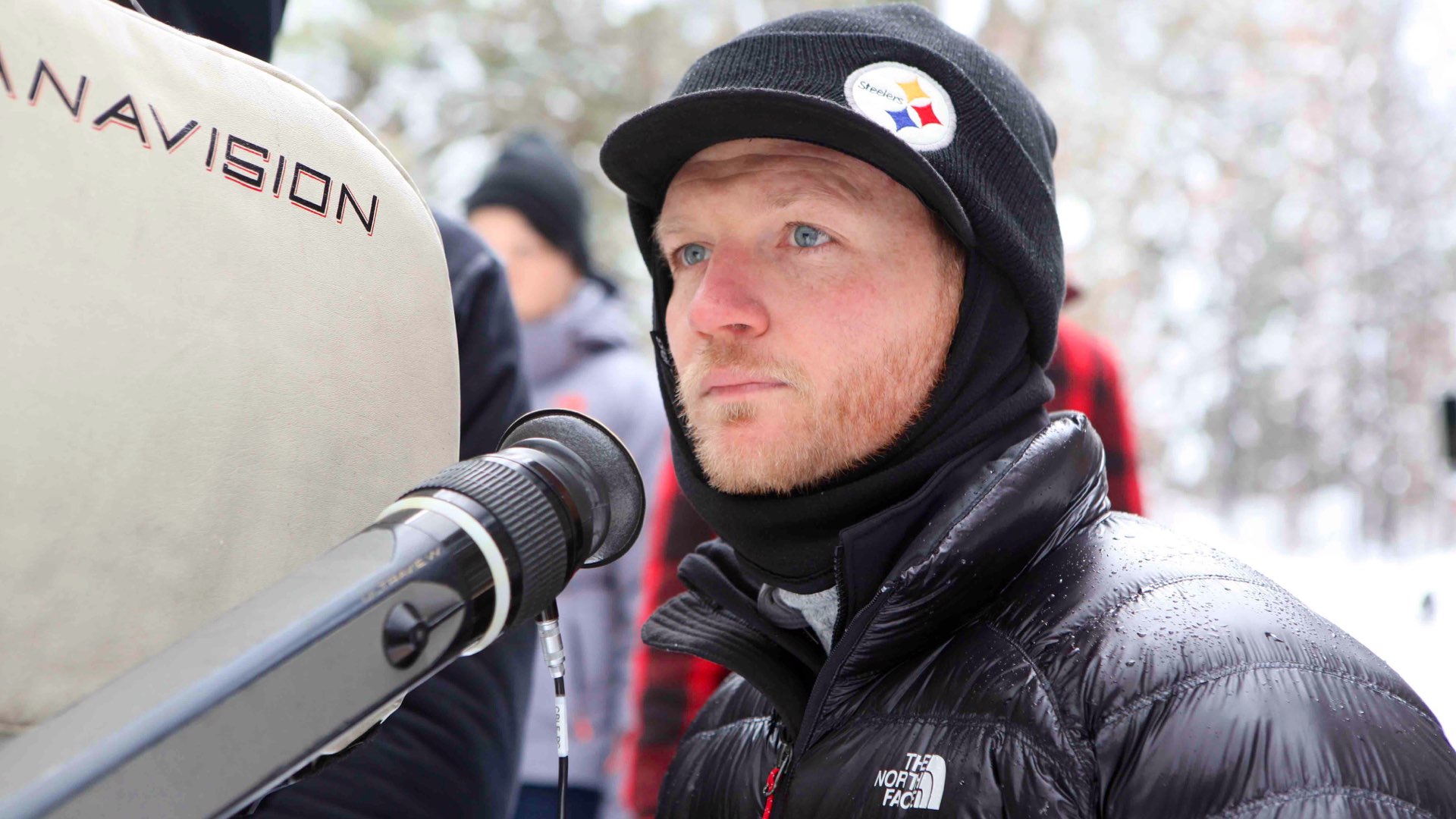
Cameras & lenses: Panavision DXL2 + Panaspeeds and H-Series
Y.M.Cinema Magazine: What are the cameras and lenses used to shoot God’s Country and why did you choose them for this specific project?
Andrew Wheeler: I used the Panavision DXL2. Julian Higgins (director) and I have shot everything on film up to this point, but we knew we wanted this project to be shot on a large format camera. I have been working with Panavision and rep Mike Carter for many years now, and I knew he was going to do his best to make everything that we would need available for this film. I used Panaspeeds and two H-Series semi-coated lenses. The combination of the Panaspeeds and DXL2 is one that I’m really comfortable with and like aesthetically, so it was a no-brainer for me. The lenses are very fast, which I needed. Their speed also means you can have a very shallow depth of field. We were specific about the focus and where it was going to land, and those lenses gave us the widest array of options for that approach.

The combination of the Panaspeeds and DXL2 is one that I’m really comfortable with and like aesthetically, so it was a no-brainer for me.
Codecs: R3D – 5:1 compression
Y.M.Cinema Magazine: Please elaborate on the chosen codecs.
Andrew Wheeler: We shot R3D at 5:1 compression because that’s the most robust format the DXL2 records in. We simultaneously recorded 2k proxies in camera. Those proxies were graded by the DIT, Chuck Miller, for the dailies and off-line edit.

The technical challenges
Y.M.Cinema Magazine: What were the main technical challenges of shooting the film?
Andrew Wheeler: The biggest technical challenge was probably the final scene. It was a night exterior and we wanted to see the vast landscape and mountains of our location. I couldn’t light the landscape, so our solution was to shoot 2-3 shots a night over 7-8 nights, shooting blue hour for the night. This immediately presented a scheduling challenge. We had to know exactly what the 2-3 shots would be and which ones could be cheated at other locations. We also had to be quick on the day of shooting!
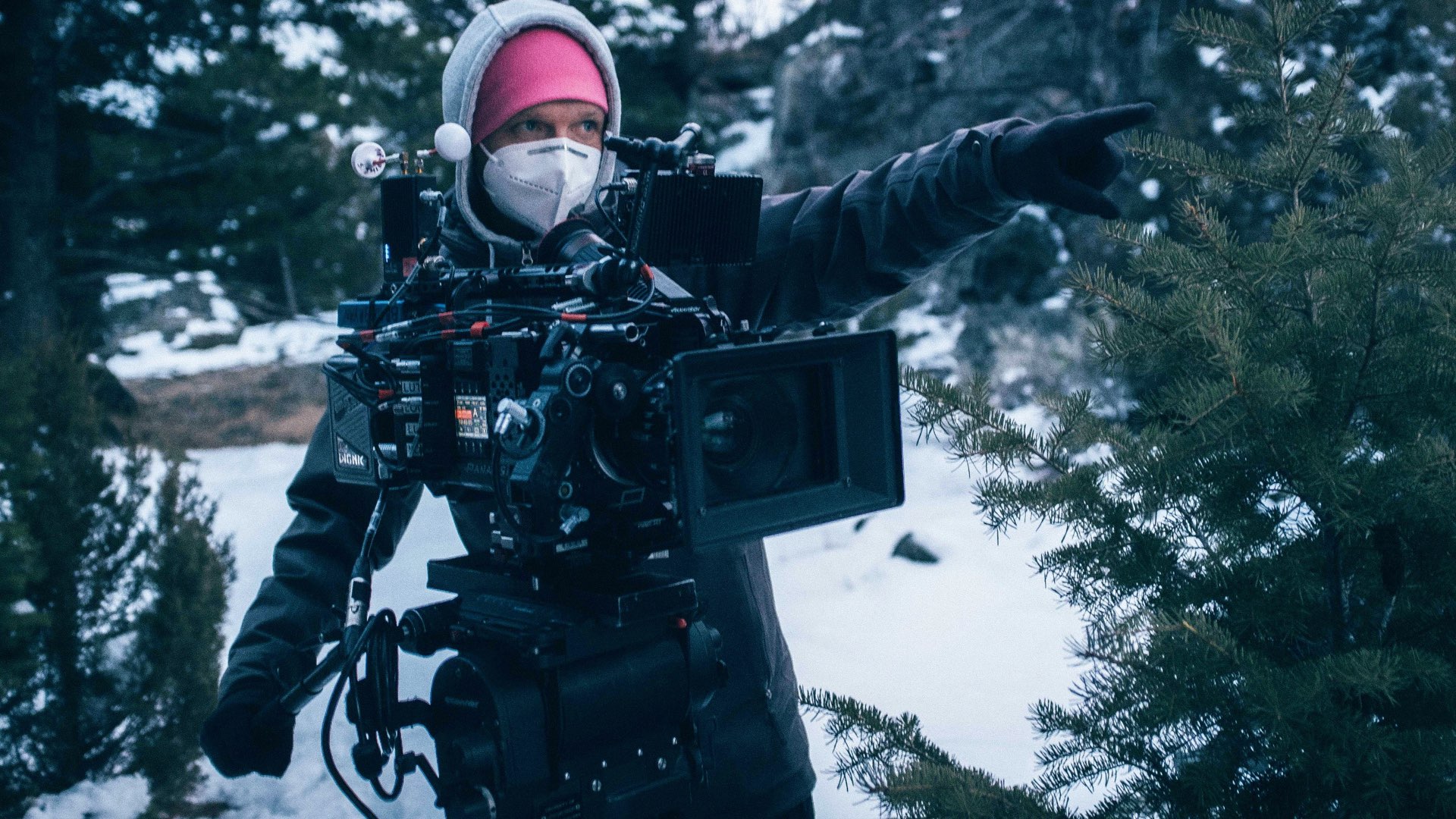
We shot R3D at 5:1 compression because that’s the most robust format the DXL2 records in.
Takeaways & tips for others
Y.M.Cinema Magazine: What are your takeaways from this project? Also, please grant some tips and tricks for cinematographers who are eager to be selected to Sundance. What can make your film be chosen from 9,000 projects?
Andrew Wheeler: First, working on a project that you really care about ends up being more creatively rewarding than anything I ever would’ve imagined. Furthermore, shoot the film because you truly believe in it. It makes your decisions better. Also, find good collaborators. Hire the best crew that you can, who ideally also believe in the film. Lastly, form a point of view with the director about how you are going to tell the story with the camera and communicate your needs as the cinematographer.

